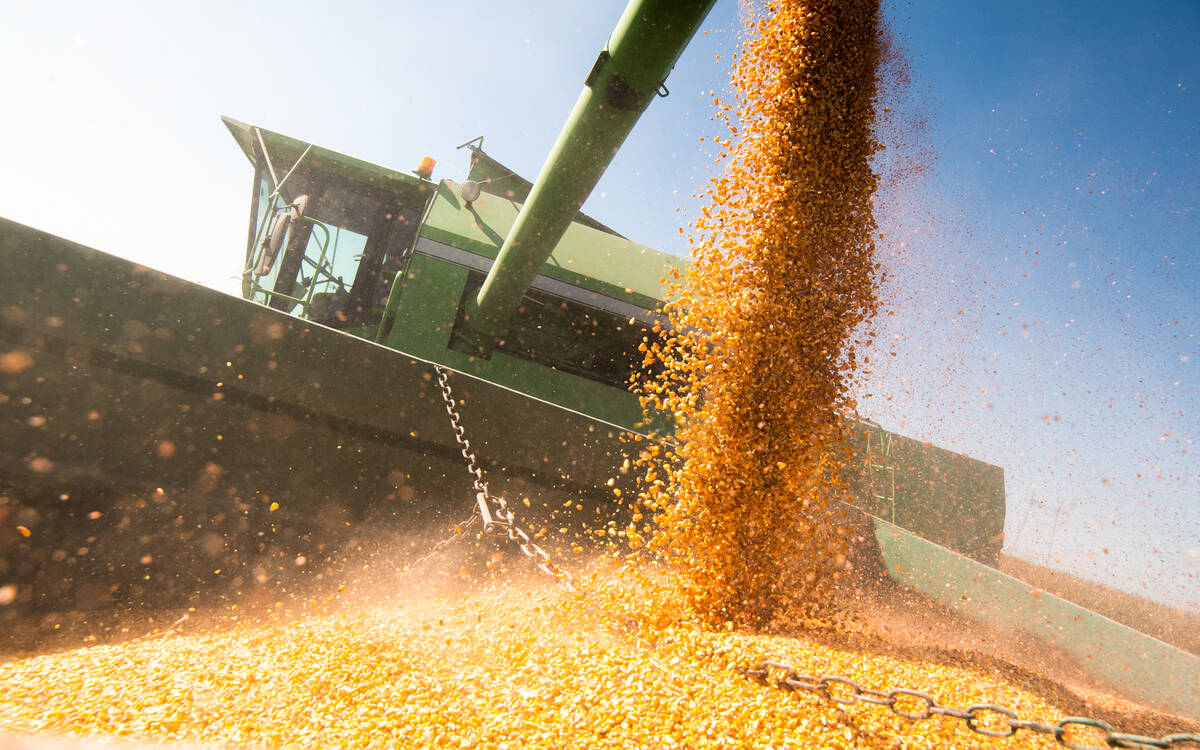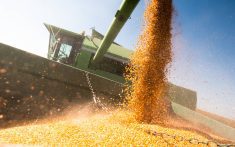(Resource News International) — Ending stocks of most Canadian grain and oilseeds, as of July 31, were higher than they were a year ago, according to the latest Statistics Canada data released Wednesday.
Market participants thought the stocks were particularly bearish for barley and oats, although most attention is now firmly on new crop prospects.
Given the improving crop conditions across most of North America, and the rising yield estimates, the large stocks should limit any upside in the grain and oilseed markets, said a market analyst.
Read Also

Feed Grain Weekly: Corn affecting barley prices in Lethbridge
Corn imports entering Lethbridge have lowered prices for feed barley compared to those in Edmonton.
Barley, oats and, to a lesser extent, wheat, all came in at the high end of trade expectations. The analyst thought the higher grain stocks were a result of lower feed usage, either from reduced herds or increased imports of U.S. corn and dried distillers grains with solubles (DDGS).
Barley stocks as of July 31 were pegged at 2.843 million tonnes by StatsCan. The number was well above average trade estimates and compares with the year-ago level of 1.568 million.
Market analyst Mike Jubinville of ProFarmer Canada said the large barley stocks were likely tied to the fact that there are less animals on feed in the country, and feed barley exports have been mostly non-existent.
Oats stocks were estimated at 1.527 million tonnes, well above the 950,000 carried over the previous year. “I’ve never seen an oat number that big before,” said Jubinville.
Ken Ball, a broker with Union Securities, said both oats and barley would be unlikely to see much upside given the large stocks overhanging the markets.
Wheat stocks were estimated at 6.556 million tonnes by StatsCan, more than two million above the 4.406 million in commercial and farmer hands at the same point the previous year.
While the number was seen as slightly bearish, Jubinville pointed out that wheat has already been bearish all summer and the latest stocks number will do little to change the outlook.
Canola stocks were estimated at 1.661 million tonnes by StatsCan, in line with trade estimates but above the year-ago level of 1.462 million.
“With everyone’s production and demand numbers still up in the air, (the stocks number) may not have much of an impact,” said Ball.
Jubinville agreed that the attention in canola was now on weather forecasts and new-crop production.
Flaxseed stocks were estimated at 227,000 tonnes by StatsCan, generally in line with trade expectations, and comparing with 167,000 the previous year.















